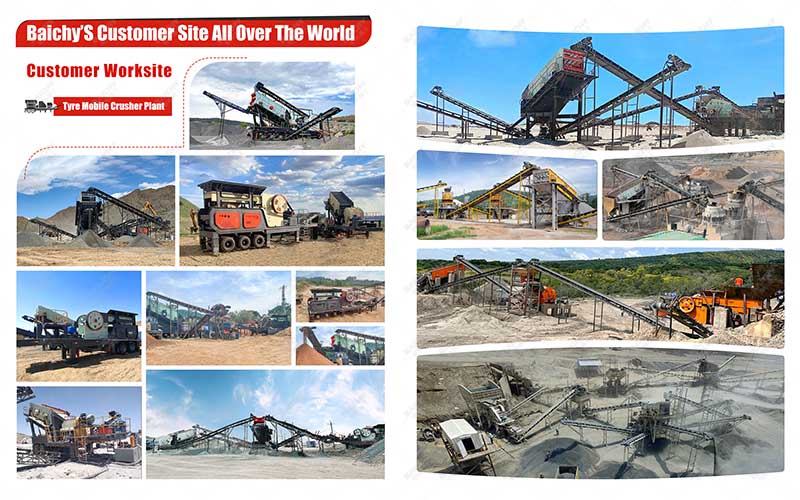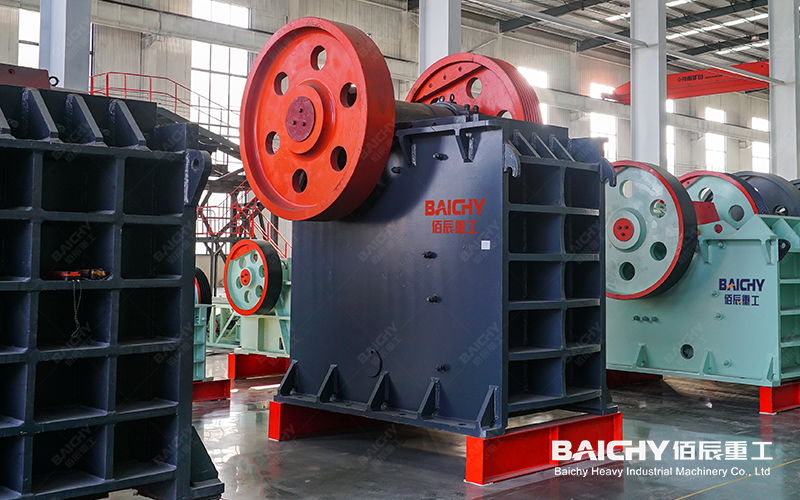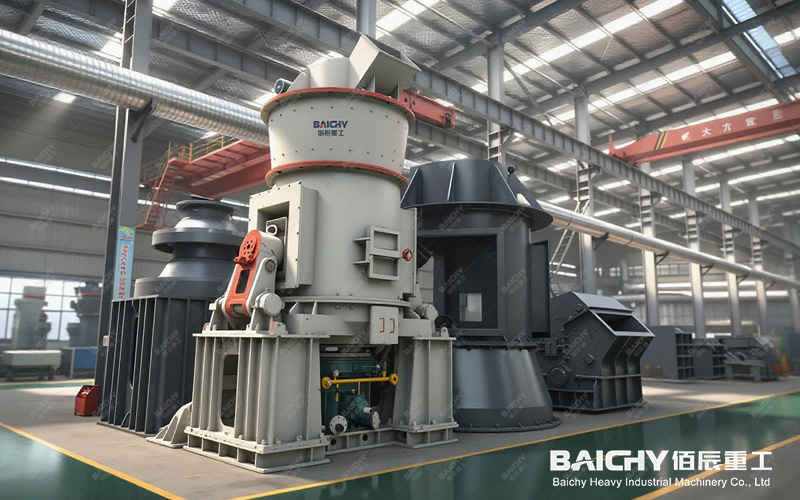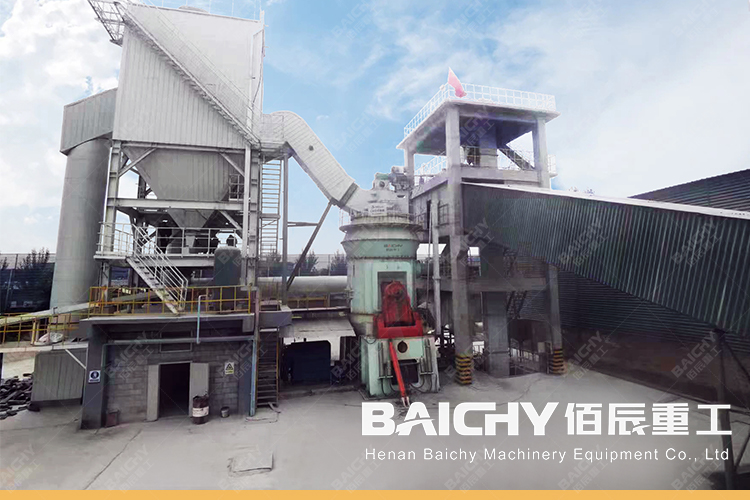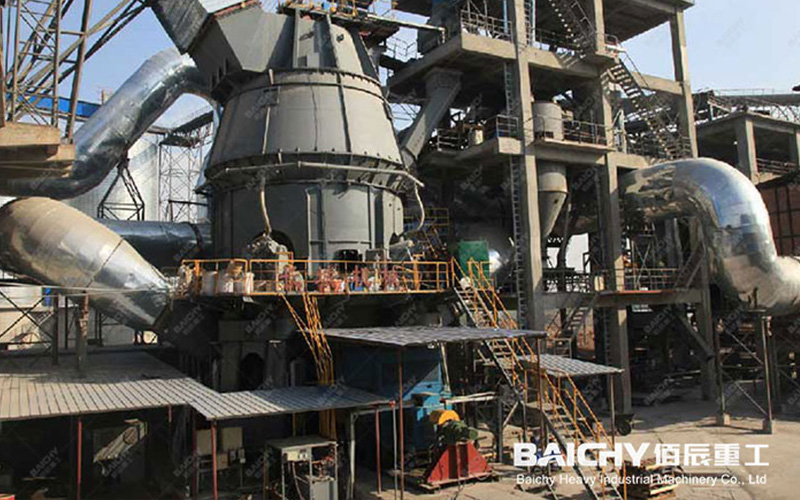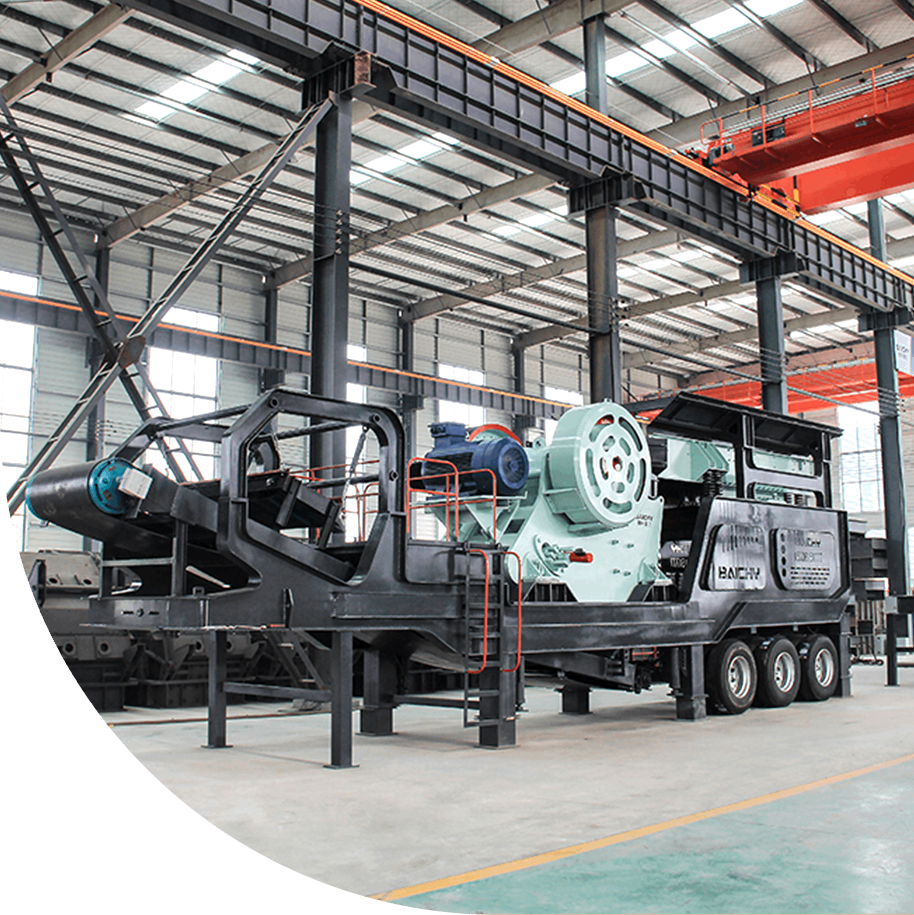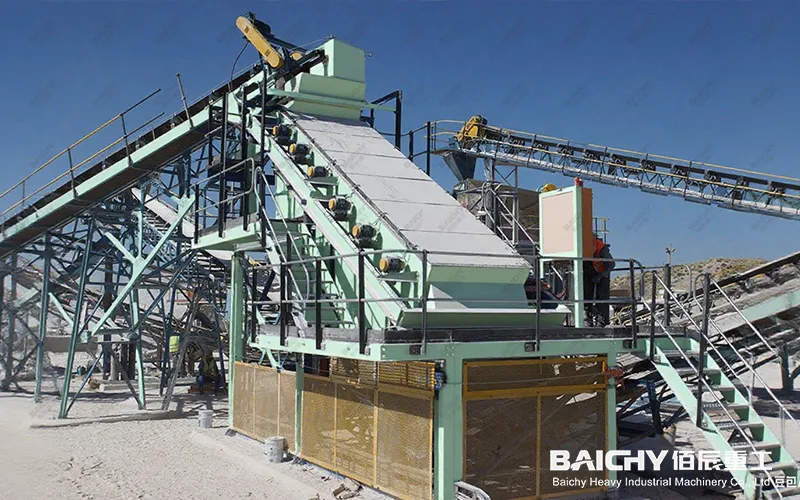
High-frequency vibrating screen uses high-frequency vibrations to screen materials. It is widely used in industries such as mining, metallurgy, chemicals, and building materials. Its core advantages lie in its high screening efficiency, large processing capacity, and strong adaptability. It is particularly suitable for the precise classification of fine-particle materials.
How a high-frequency vibrating screen works
1. Vibration motor drive: The vibrating motor generates high-frequency vibrations, driving the screen mesh to move rapidly up and down.
2. Material stratification: Vibration on the screen surface causes fine particles to pass through, while coarse particles continue to be transported forward.
3. Multi-stage screening design: Single or multi-layer screens can be configured as needed to achieve precise classification of different particle sizes.
Industry Applications of High-Frequency Vibrating Screens
Due to their high efficiency and stability, high-frequency vibrating screens play a key role in various industries:
✔ Mining: Used for screening and dewatering ores such as coal, iron ore, and gold.
✔ Chemical industry: Screening of fine chemical raw materials (such as fertilizers and plastic pellets). ✔ Metallurgical Industry: Particle size control of metal powders and alloy materials.
✔ Building Materials Industry: Screening and grading of sand, gravel, cement, and quartz sand.
How to Choose the Right High-Frequency Vibrating Screen Model?
When selecting a high-frequency vibrating screen, consider the following key factors:
1. Screening Requirements
• Material Characteristics: Particle size, moisture content, viscosity, etc.
• Processing Capacity: Required material throughput per hour (tons/hour).
• Screening Accuracy: Whether multiple screen layers are required, and how to configure the mesh size.
2. Equipment Parameters
| Parameters | Description |
| Screen Surface Size | Determines processing capacity; common sizes range from 1m x 2m to 3m x 6m. |
| Vibration Frequency | High frequency (1500-3000 times/minute) or low frequency (800-1500 times/minute) |
| Power | Select motor power based on material properties (0.5kW-15kW). |
| Material | Carbon steel, stainless steel, or wear-resistant alloy, affecting service life. |
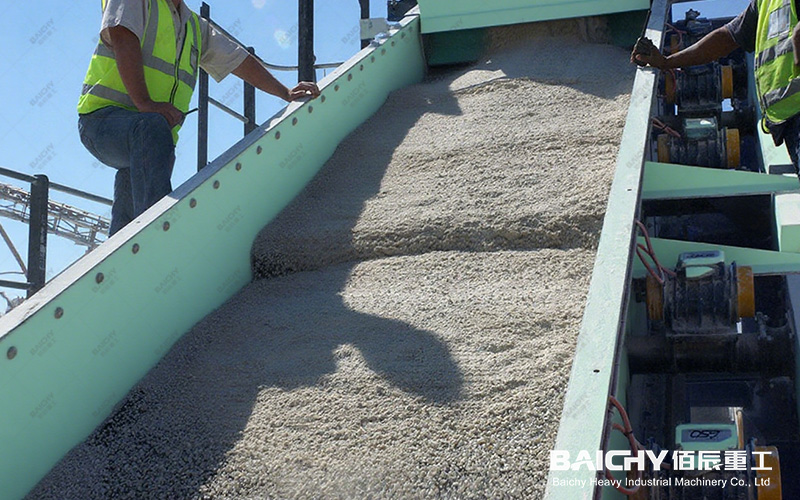
Maintenance and Care of High-Frequency Vibrating Screens
✔ Daily Inspection: Regularly check the screen for damage and loose bolts.
✔ Lubrication and Maintenance: Regularly lubricate the vibration motor bearings.
✔ Cleaning and Maintenance: Clean the screen surface after shutdown to prevent clogging.
✔ Troubleshooting: If you experience any unusual noise or unstable vibration, contact the manufacturer immediately for repair.
High-frequency vibrating screens are essential screening equipment in modern production. Proper selection and maintenance can significantly improve production efficiency. For more technical details or purchasing guidance, please contact us!

Baichy Heavy Industry – Your Trusted Partner for Seamless Equipment Operation
To ensure optimal performance of your equipment, Baichy Heavy Industry offers:
- Professional on-site installation guidance
- Comprehensive operator training
- 24/7 technical support & maintenance services
Our complete after-sales service system guarantees long-term, stable operation of your machinery with minimal downtime.
Protect Your Rights – Only Use Official Channels
To avoid scams and ensure authentic support, contact us exclusively through:
• Official Website: www.baichychina.com
• WhatsApp: +8615093222637
• Email: [email protected]
Your satisfaction is our priority – expect prompt, professional service every time.
(Note: Beware of unauthorized third parties claiming to represent Baichy. Always verify through official contacts.)
